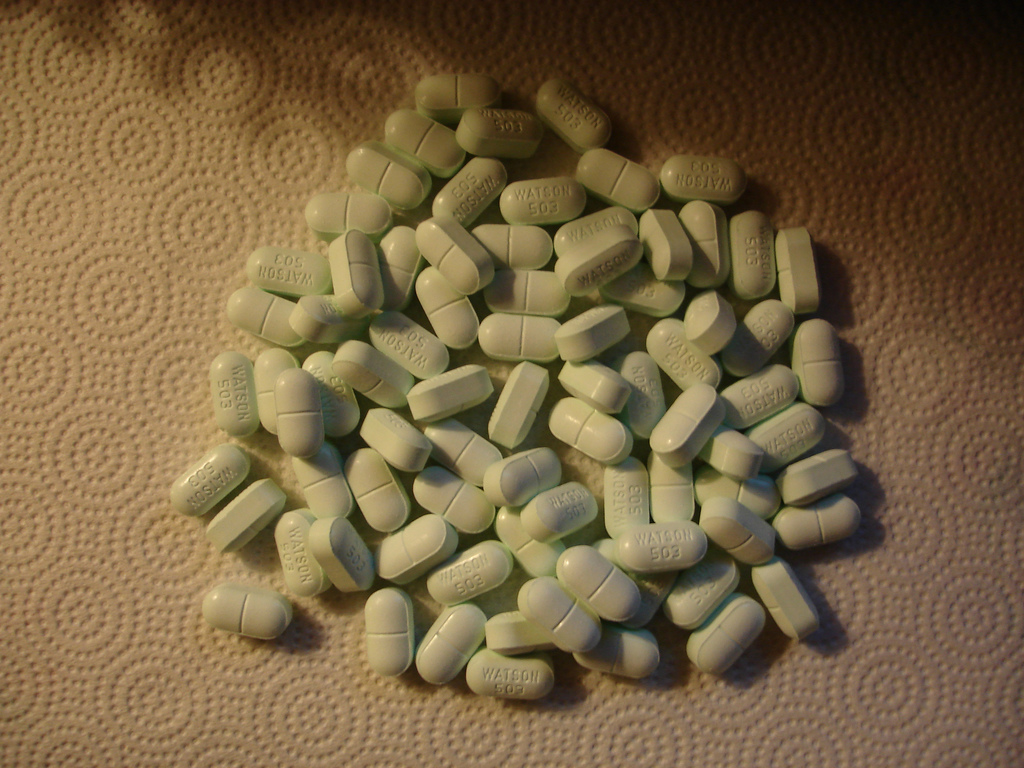No, Blockchain is Not a “Miracle Cure” for the Opioid Epidemic
Every morning as I check my Twitter feed, like clockwork, there are 140-character proclamations of the miracles that blockchain technology will work for our society. But one of those headlines particularly caught my eye this morning: “Betting On Blockchain As A Miracle Cure For The $78 Billion Opioid Crisis.” To be fair, the article from September by Susan Galer is far more reasoned than the headline, but it largely ignores the law of unintended consequences we encounter in our nation’s “war on drugs.”
The article says all the right things about blockchain technology. Historically, the leakage of prescription opioid pills at many stages of the supply chain, from warehousing to over-prescription by doctors, has contributed to the epidemic now on our hands. And blockchains tend to do well with keeping detailed records of supply chains, even if it would take a lot to get doctors and medical professionals to adopt seemingly opaque technology.
But we’ve seen this movie already in the past few years, not using blockchain technology but through other means of cracking down on prescription narcotics entering the black market. The result has been one of the more tragic examples of the law of unintended consequences. Rather than alleviate the problems opioid dependence has caused, it has led to a near-doubling in some places of heroin use. Overdoses are significantly higher because it’s not possible to predict the strength of the substance procured on the black market as it is with prescription pills.
Better tracking of prescription drugs would certainly have benefits, but in the end it represents a central fallacy in our drug policy: that authorities can successfully keep drugs away from potential users. Instead, it pushes those mostly likely to abuse drugs to more dangerous substances, while perhaps making it harder for those who actually need the medication for pain.
We’re more likely to make headway when we decriminalize less harmful substances, such as marijuana. To be fair, this is far from a silver bullet, but at least increases rather than reduces one’s freedom of choice. There’s currently robust debate about where blockchain technology will and won’t make a difference, but unfortunately, I think it’s safe to say it won’t be a “miracle cure” for the opioid epidemic.











